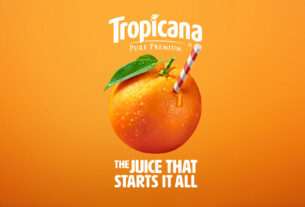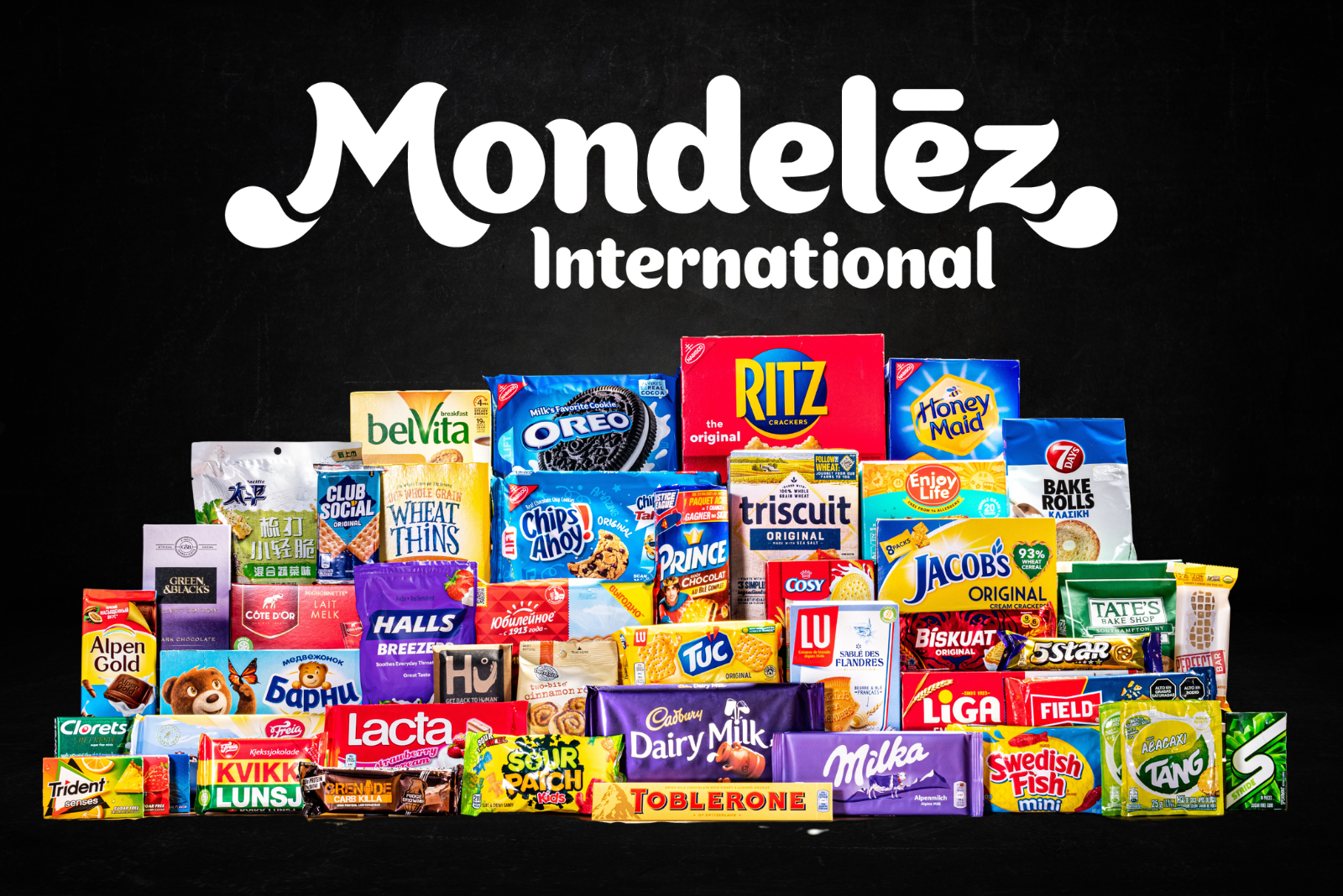Introduction
The food and beverage industry is a cornerstone of the global economy, with continuous evolution driven by technological advancements, shifting consumer preferences, sustainability efforts, and regulatory changes. In 2024, the industry is projected to reach new heights, with significant growth across various segments. This report provides a detailed analysis of the industry’s current landscape, key trends, challenges, opportunities, and future outlook.
Market Overview
The global food and beverage market is expected to reach USD 8.9 trillion by the end of 2024. Major segments include packaged foods, beverages, dairy products, meat and seafood, and confectionery and bakery items. Each of these segments is influenced by factors such as innovation, consumer health trends, and sustainability initiatives.
Key Trends
Health and Wellness
Health and wellness continue to be paramount for consumers, driving demand for organic, natural, and functional foods. Products that offer health benefits, such as immune-boosting ingredients, are increasingly popular. The COVID-19 pandemic has heightened this focus, leading to a surge in products that promote overall well-being (Hospitality Insights) (Exploding Topics).
Sustainability and Ethical Consumption
Sustainability is now a crucial factor for both consumers and companies. Initiatives such as reducing plastic use, sourcing sustainable ingredients, and minimizing carbon footprints are becoming standard practices. Ethical consumption, including fair trade and animal welfare considerations, is also on the rise, with consumers more inclined to support brands that align with their values (Hospitality Insights) (Exploding Topics).
Plant-Based and Alternative Proteins
The plant-based food market is experiencing robust growth, with significant investments in alternative proteins. Innovations in plant-based meats, dairy alternatives, and even lab-grown meat are expanding the market. These products appeal not only to vegetarians and vegans but also to flexitarians and environmentally conscious consumers (Hospitality Insights) (Exploding Topics).
Technology and Automation
Technological advancements are transforming the food and beverage industry. Automation in manufacturing, AI-driven supply chain management, and advanced data analytics are enhancing efficiency and innovation. Digital platforms and e-commerce are becoming crucial for product distribution, particularly in the post-pandemic world (Exploding Topics) (Mintel).
Personalized Nutrition
Advances in genomics and biotechnology are paving the way for personalized nutrition. Companies are developing products tailored to individual dietary needs and genetic profiles, catering to consumers seeking customized health solutions (Exploding Topics) (Mintel).
Regional Insights
North America
North America remains a leading market, driven by high consumer spending and innovation. Trends such as plant-based foods, sustainability, and health-conscious products are prominent. The regulatory environment is evolving, with increased focus on food safety and labeling requirements (Nestlé Professional).
Europe
Europe emphasizes sustainability and quality. The European Union’s stringent regulations on food safety and environmental impact are shaping industry practices. Organic and natural products are particularly popular in countries like Germany, France, and the UK (Nestlé Professional).
Asia-Pacific
The Asia-Pacific region is experiencing rapid growth, driven by rising incomes, urbanization, and changing lifestyles. China and India are major markets with significant potential. There is a growing demand for convenience foods, functional beverages, and dairy products (Nestlé Professional).
Latin America
Latin America is emerging as a key market, with Brazil, Mexico, and Argentina leading the way. The region’s diverse agricultural resources provide a strong base for the industry. There is increasing interest in organic and locally sourced products, addressing malnutrition and food security issues (Nestlé Professional).
Middle East and Africa
The Middle East and Africa present unique opportunities and challenges. Economic growth, urbanization, and a young population are driving demand for diverse food products. However, political instability and supply chain disruptions pose significant risks. The region is also seeing a rise in health-conscious and halal-certified products (Nestlé Professional).
Challenges
Supply Chain Disruptions
The industry is vulnerable to supply chain disruptions caused by geopolitical tensions, climate change, and pandemics. Ensuring a resilient and flexible supply chain is crucial for maintaining product availability and affordability (Hospitality Insights) (Exploding Topics).
Regulatory Compliance
Navigating the complex regulatory landscape is a significant challenge. Compliance with food safety standards, labeling requirements, and environmental regulations requires continuous monitoring and adaptation (Hospitality Insights) (Mintel).
Rising Costs
Increasing costs of raw materials, transportation, and labor are putting pressure on profit margins. Companies need to optimize operations and manage costs without compromising on quality and sustainability (Exploding Topics).
Consumer Trust
Maintaining consumer trust is essential, especially with heightened awareness about food safety and ethics. Transparency about sourcing, production practices, and nutritional content is vital for building and retaining consumer loyalty (Exploding Topics).
Opportunities
Innovation and Product Development
Innovation drives growth in the food and beverage industry. Companies that invest in research and development to create unique, high-quality products can gain a competitive edge. Functional foods, alternative proteins, and personalized nutrition offer significant potential (Hospitality Insights) (Exploding Topics).
Digital Transformation
Embracing digital transformation can enhance efficiency and customer engagement. E-commerce platforms, mobile apps, and social media are essential for reaching consumers and providing personalized experiences. Technology can also streamline supply chain operations and improve traceability (Exploding Topics) (Mintel).
Emerging Markets
Emerging markets present substantial growth opportunities due to increasing consumer spending and urbanization. Companies that can adapt to local tastes and preferences while ensuring affordability and accessibility will capture market share (Nestlé Professional).
Sustainability Initiatives
Sustainability is both a challenge and an opportunity. Companies that lead in sustainable practices can differentiate themselves and attract environmentally conscious consumers. Innovations in packaging, waste reduction, and sustainable sourcing are crucial (Hospitality Insights) (Exploding Topics).
Future Outlook
Continued Growth in Plant-Based Foods
The plant-based food market is expected to continue its robust growth, driven by innovation and increasing consumer acceptance. Companies will expand their product portfolios and improve the taste and texture of plant-based alternatives to compete with traditional animal-based products (Hospitality Insights) (Exploding Topics).
Expansion of Functional Foods and Beverages
Functional foods and beverages that offer specific health benefits will gain more traction. This includes products fortified with vitamins, minerals, probiotics, and other bioactive compounds. Personalized nutrition solutions will also become more mainstream (Hospitality Insights) (Exploding Topics).
Integration of AI and Robotics
AI and robotics will play an increasingly significant role in the industry. From automated production lines to AI-driven marketing strategies, these technologies will enhance efficiency, reduce costs, and improve product quality (Exploding Topics) (Mintel).
Focus on Food Security and Safety
Food security and safety will remain paramount, especially in the face of global challenges such as climate change and pandemics. Innovations in food preservation, traceability, and sustainable agriculture will be critical to ensuring a stable food supply (Hospitality Insights) (Mintel).
Greater Emphasis on Transparency and Ethics
Consumers will demand greater transparency and ethical practices. Brands that prioritize clear labeling, ethical sourcing, and corporate social responsibility will build stronger relationships with consumers and gain a competitive advantage (Exploding Topics) (Mintel).
Conclusion
The food and beverage industry in 2024 is characterized by dynamic changes and significant opportunities. Companies that can navigate challenges, embrace innovation, and align with consumer values will thrive. As health and wellness, sustainability, and technology continue to shape the industry, stakeholders must remain agile and forward-thinking to capitalize on emerging trends and meet the needs of a diverse global consumer base.



